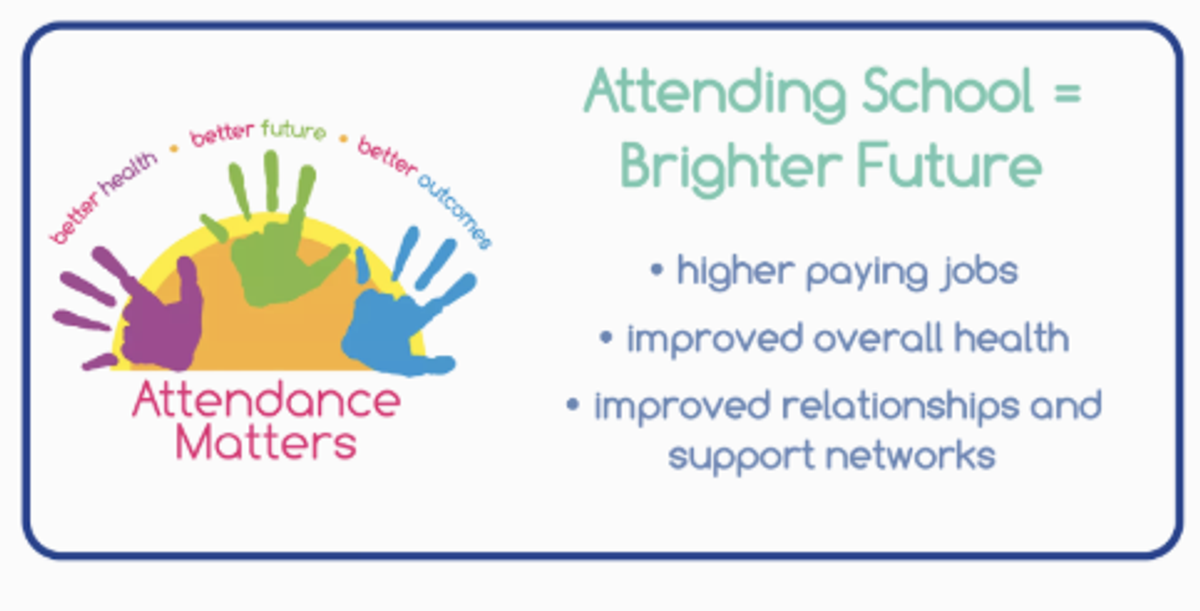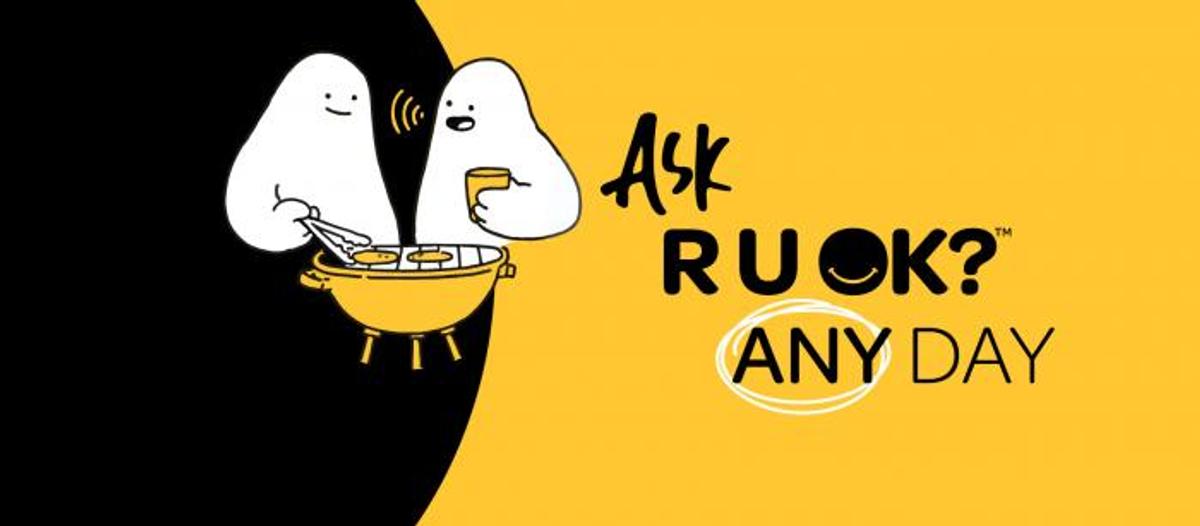Pastoral Wellbeing

Attendance
Attendance Update – Week 7
Our school’s attendance showed a strong turnaround in Week 7, with the whole school average lifting back above 90% (90.08%), an increase of more than 2% on the previous week. We also had 182 students with perfect attendance, a rise of 22 from Week 6, which is a fantastic result.
Class Highlights:
- Prep HE, 2AP and 3JS achieved outstanding results, all above 97%, with Prep HE and 3JS recording the highest in the school at 98.57%.
- 1JW and 3JW also made excellent improvements, both finishing above 93%.
- Prep AC and 6SH continued steady progress, finishing above 90%.
Continuous Growth:
- Prep HE has shown three weeks of continuous growth, climbing from 91.47% to 98.57%.
- 3JS maintained strong results across the term, finishing the week on 98.57%.
6SH has steadily improved each week, rising from 85.29% to 90.00%.
It is really pleasing to see such positive results as we move into the final weeks of the term. Thank you to our students, families, and staff for continuing to support strong attendance—it makes a real difference to learning and wellbeing.
📚 Why Attendance Matters
Being at school every day helps students:
- Build and strengthen friendships
- Develop confidence and emotional regulation
- Stay connected to classroom learning and routines
Experience consistency that promotes growth and wellbeing
Our Week 1 data shows that students who attended every day were more settled and confident in their learning and relationships. Even short absences can make it harder to reconnect and feel part of the class.
Seeking Assistance?
If your family is finding it difficult to get to school regularly, please know that we are here to help. You’re encouraged to speak with your child’s classroom teacher or reach out to our Wellbeing Team – Mrs. Antonowicz, Mrs. McSweeney or Mr. Podosky – for support.
We can assist in a variety of ways, including:
- Creating a positive morning routine to reduce stress before school
- Helping your child feel safe and connected at school
- Offering support for separation anxiety or school-based worries
- Adjusting your child’s transition into the classroom
- Working with families to make a plan that suits your situation
Please don’t hesitate to reach out – we’re here to work with you and your child every step of the way.
If you know that your child won’t be attending school, please contact the office and let them know that your child will be away!
PBIS Blitz – Moving Safely
This week’s PBIS Blitz focus is on Moving Safely. At school, we are teaching students how to move responsibly both inside and outside. Inside, this means walking calmly in corridors, keeping to the left, using quiet voices, and waiting patiently at doorways. Outside, it includes walking on hard surfaces, using paths, watching out for others when running or playing, and following playground rules. These routines help keep everyone safe, reduce accidents, and create a calmer learning environment.
How Parents Can Support at Home
Parents play an important role in reinforcing these habits. Here are a few simple ways you can help:
- Model safe movement: Show your child how you walk carefully in busy spaces such as shops, car parks, or at home when carrying things.
- Practise awareness: Remind your child to look around before moving, especially when others are nearby.
- Use consistent language: Reinforce the same phrases we use at school, such as “walking feet inside” or “use the path.”
Praise safe choices: Notice and celebrate when your child shows safe movement, whether at home, in the yard, or in public spaces.
Together, we can help students build safe, respectful, and responsible habits that they will use in all areas of their lives.
What is RUOK? Day?
RUOK? Day is a special day in Australia that encourages everyone to ask the simple question, “Are you OK?” It’s a reminder to look out for our friends, family, and classmates, to listen carefully to their answers, and to offer support. The day helps us remember that small conversations can make a big difference in someone’s life.
Why is it important?
Sometimes people keep their worries or feelings to themselves. When that happens, the worries can build up and make them feel sad, stressed, or even alone. RUOK? Day reminds us that by checking in, showing care, and listening, we can help others share what’s on their mind so they don’t feel like they have to carry it all by themselves.
Checking in with friends
Checking in with friends can be simple: ask if they are OK, listen to what they say, and let them know you care. You don’t need to have all the answers — just being there, offering kindness, and spending time together can make a big difference.
How to Ask R U OK?
- Notice – Look around and see if a friend seems sad, worried, or not like themselves.
- Ask kindly – Go to them when it’s a good time and say, “Are you OK?” in a gentle voice.
- Listen – Be quiet and listen carefully to what they say. Show you care by looking at them and not interrupting.
- Encourage – If they say they’re not OK, let them know it’s good to share and they’re not alone. You might say, “Thanks for telling me” or “I’m here for you.”
- Get help if needed – If it seems serious or you’re not sure what to do, talk to a teacher, parent, or trusted adult so your friend gets the help they need.


